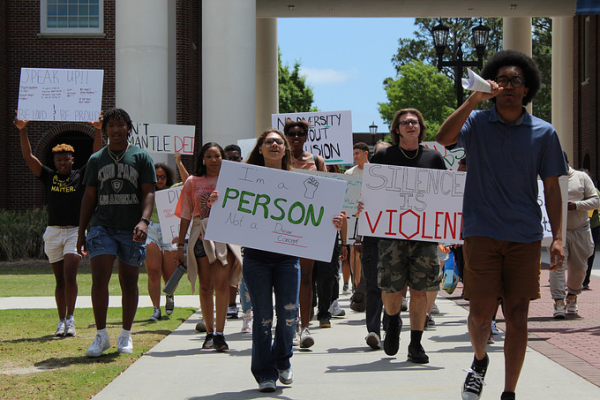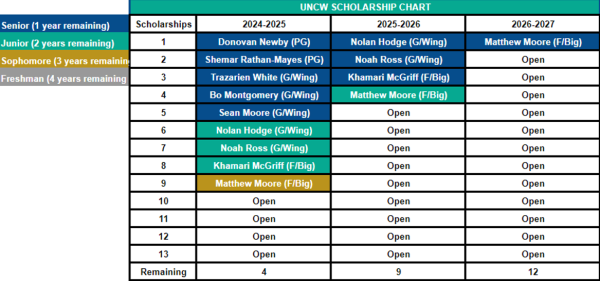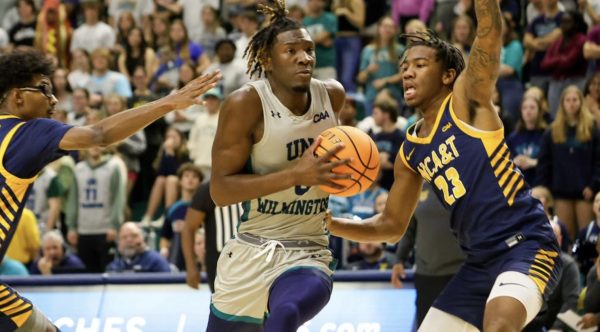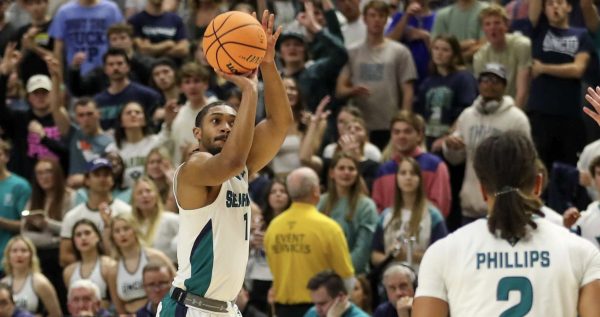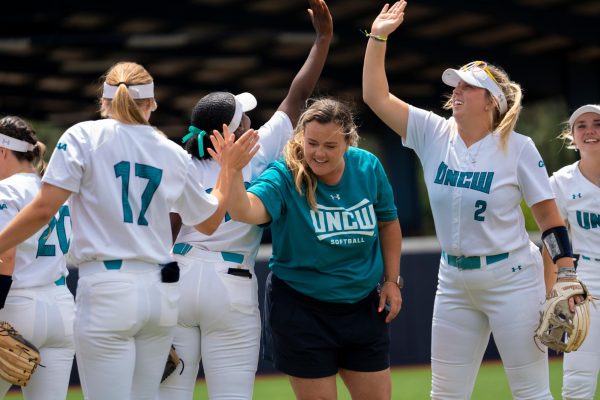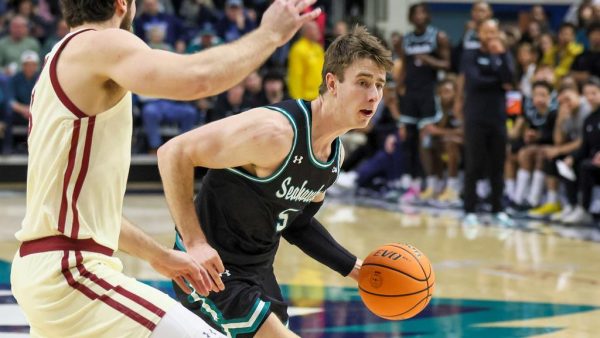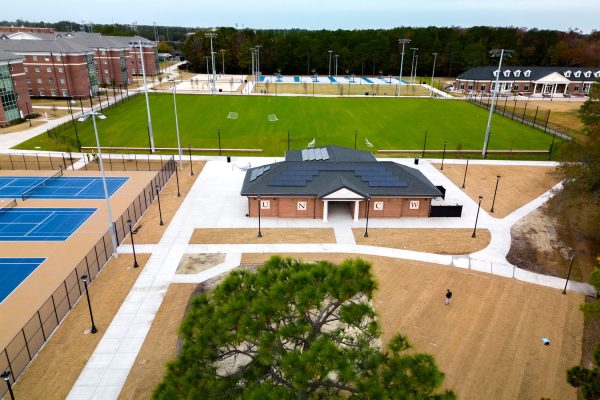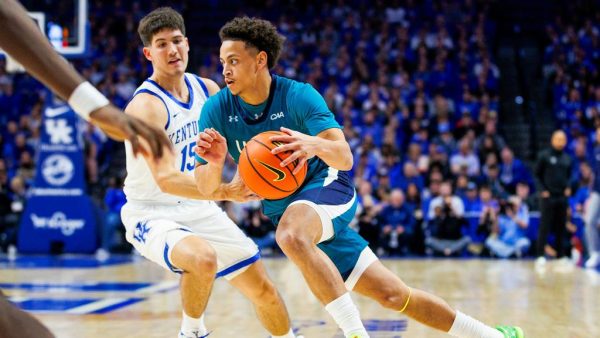The Big Ten Suggests a ‘Year of Readiness’
October 15, 2015
The phrase, “one-and-done,” is a common term heard throughout the collegiate basketball industry. The phrase is applied to freshmen athletes who make the decision to continue their college education for one year before jumping to the professional level. Shockingly, this term may soon become a thing of the past.
The NCAA’s Big Ten Conference is considering making freshmen athletes ineligible for play for the first time since 1972. In addition to this, the Big Ten has circulated a document, titled “A Year of Readiness”, that describes possible future ineligibility for freshmen athletes.
So far, the unofficial proposal by the conference has not gathered much steam in serious discussion, but the Big Ten is free to go in on this alone if it wishes to do so.
“The rules surrounding freshmen ineligibility don’t fall within the areas of autonomy, which means either conferences choose to adopt the policy on their own or the legislation is voted on by the entire division,” said the NCAA in a statement to ESPN.
Meanwhile, the University of North Carolina Wilmington, a member of the Colonial Athletic Conference (CAA) since 1984, relies heavily on underclassmen participation. Men’s basketball alone will field eight players of either freshman or sophomore status during the 2015-2016 season.
The absence of freshmen could be a negative for smaller schools such as UNCW, but what impact could a year off from athletics have away from the court? Stress is something every college student experiences, but the added weight of participating in a sport has the potential of adding even more.
“At different times and under different conditions sports may increase, decrease, and not affect stress,” said Chairman of UNCW’s department of psychology, Dr. Julian Keith. “Learning itself can be stressful. Stress is a necessary condition for living. Too much stress for too long can be detrimental, as can too little stress for too long.”
Most situations regarding stress depend largely on the individual. As for taking nearly two years between organized competition, there are various ways in which a long break in sports could effect an athlete.
“In some cases it may be beneficial and in some cases detrimental,” said Keith. “Long-term stress can damage parts of the brain that are critical for memory and thinking as well as the very systems that help one self-regulate emotions … short-term stress seems to be important for motivation and achievement. So there is no single simple answer.”
Dr. Robert McNamara, Associate Director for Clinical Services at UNCW’s Counseling Center, also commented on the potential benefits and drawbacks a year off could bring to an athlete.
“The transition to college can be overwhelming for many students, including athletes, and the demands of collegiate athletics could be one of many sources of stress that contribute to a challenging first year,” said McNamara. “On the other hand, the structure and sense of belonging provided by a team atmosphere could act as protective factors that assist student-athletes during a difficult transition period.”
Freshmen athletes have been eligible to play immediately for over 40 years. How hotly the Big Ten pursues the possibility of ending this statute remains to be seen.
Whether potential support comes from the outside, spreading to other conferences, or from within, the impact will be felt throughout the college landscape as “A Year of Readiness” will influence the decisions of future college athletes.
